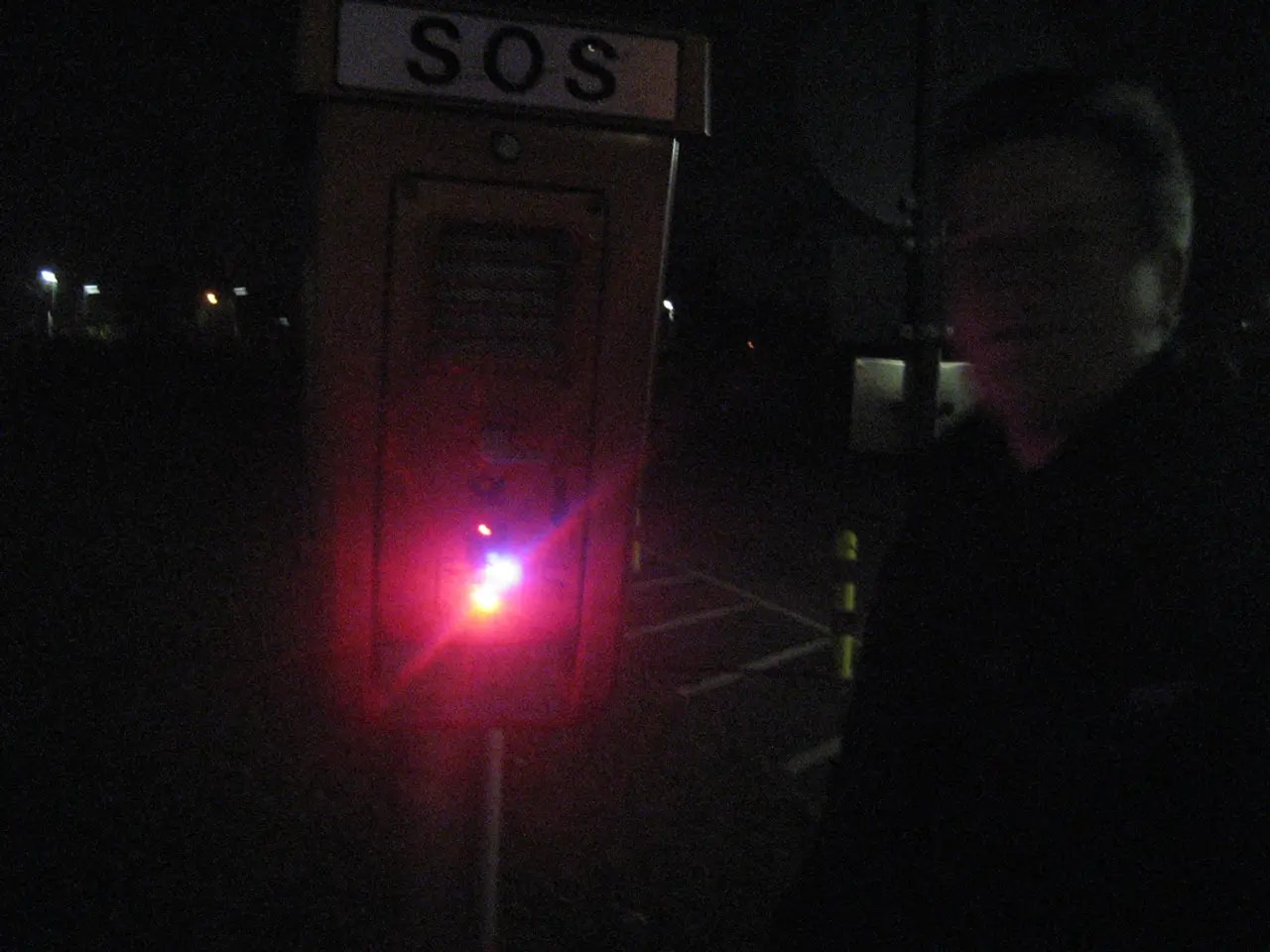Governor of Minnesota orders military presence following St. Paul's cyber-assault
In early August 2025, two separate cyberattacks targeted the cities of St. Paul and North St. Paul, Minnesota.
In St. Paul, a sophisticated cyberattack on the city's internet-based information systems was detected, leading Mayor Melvin Carter to declare a local state of emergency on August 2. The City Council extended this emergency declaration for 90 days on August 5. This emergency powers enable the mayor and city officials to coordinate a comprehensive response involving outside cybersecurity firms, federal assistance from the FBI, and state assistance from the Minnesota National Guard's cyber unit.
The investigation is ongoing, and no public identification of the perpetrators or ransom demand has been made. However, Mayor Carter emphasised that no personnel data breach was known. City Council President Rebecca Noecker highlighted the seriousness of the incident and the need to protect essential services for residents.
As a result of the cyberattack, online payment systems are still unavailable, and Wi-fi is out at city buildings, libraries, and recreation centres. The city initiated a full shutdown of its information systems as a defensive measure to contain the threat. The cyberattack has caused significant disruptions and impaired St. Paul's ability to provide vital services.
In North St. Paul, an emergency City Council meeting on August 4 addressed a separate cyberattack targeting the North St. Paul Police Department. The city voted to hire the law firm McDonald Hopkins, with a cybersecurity branch called Arete, to investigate and manage the response. The attack likely originated from a phishing email as part of a business email compromise. Despite some limited internal system and online service disruptions, public safety operations, including 911, remain fully functional.
No confirmed link between the two attacks has been disclosed. Governor Tim Walz and other authorities have not been specifically mentioned in the reports, but given the involvement of the Minnesota National Guard's cybersecurity experts and federal agencies, the state government is engaged in the broader response.
Both cities continue coordinated responses with outside cybersecurity firms and law enforcement. The FBI, along with other federal, state, and local agencies and law enforcement, are assisting in the response. It is unclear if a ransom was demanded in the attack.
Recent expert interviews suggest that city infrastructure cyberattacks can occur and be addressed. As the situation develops, updates will be provided.
- The ongoing investigation into the cyberattacks targeting St. Paul and North St. Paul, Minnesota, highlights the need for advanced AI and cybersecurity technology to protect cities from such threats.
- The collaborative efforts between city officials, outside cybersecurity firms, and federal agencies, such as the FBI, indicate that politics and general news must address the growing importance of cybersecurity in municipalities.
- As cyberspace evolves to become a new battleground for various actors, the resilience of a city's information systems is now a critical aspect of national security, as demonstrated by the recent cyberattacks on St. Paul and North St. Paul.




